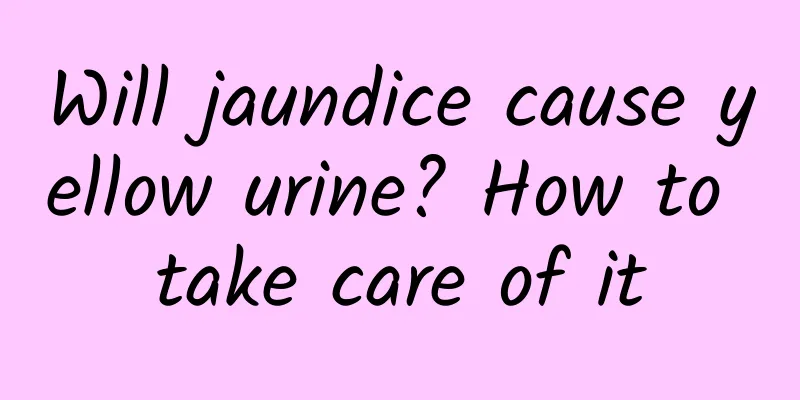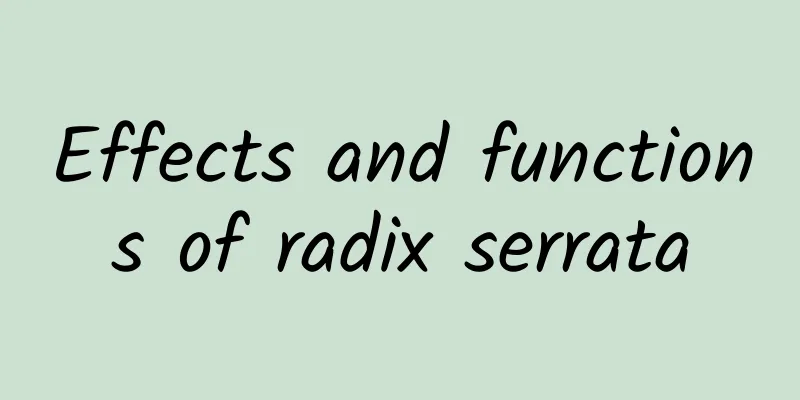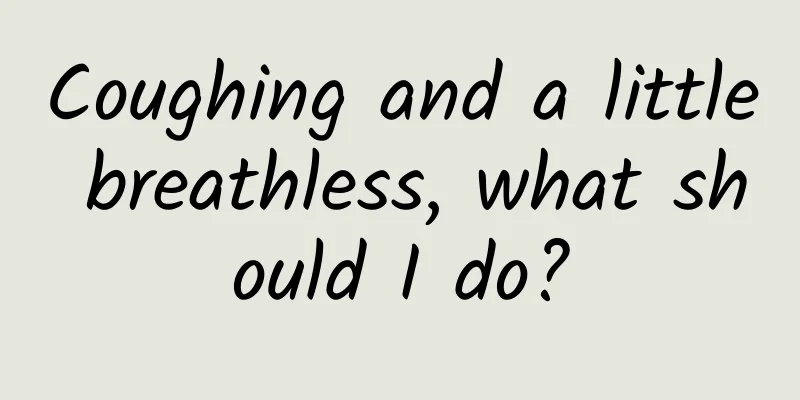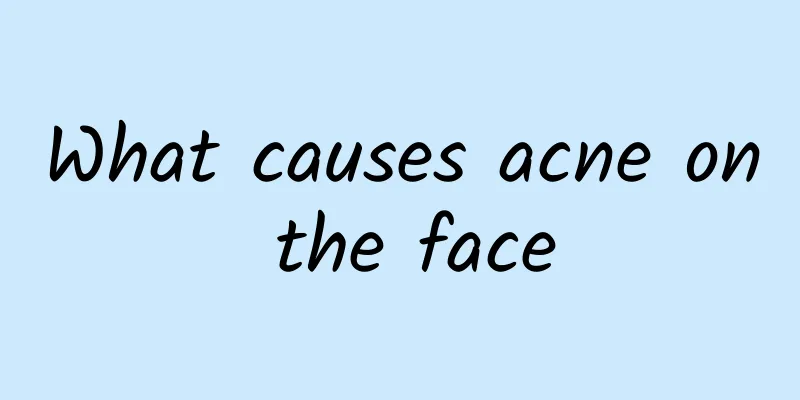Contraindications to endotracheal intubation

|
Tracheal intubation is a very important technique in emergency treatment. It has been widely used in situations where the patient suddenly stops breathing on his own, the body's oxygen supply cannot be met, or there is acute respiratory failure. It has greatly reduced the patient mortality rate. However, tracheal intubation is not a panacea and has its own scope of application and contraindications. So, what are the contraindications of endotracheal intubation? Indications for endotracheal intubation 1. Patients with respiratory insufficiency or respiratory failure who need pressurized oxygen and assisted breathing. 2. It facilitates respiratory tract management and intratracheal drug administration during general anesthesia. 3. Patients undergoing cardiopulmonary and cerebral resuscitation due to cardiac and respiratory arrest. 4. Respiratory secretions cannot be coughed out by themselves and require endotracheal suction. 5. Gastric contents are refluxed and accidentally inhaled into the lungs, requiring endotracheal suction. 6. Infants and young children who need endotracheal tube positioning before tracheotomy. Contraindications to endotracheal intubation 1. Absolute contraindications: Laryngeal edema, acute laryngitis, laryngeal submucosal hematoma, and intubation trauma can cause severe bleeding. Unless the patient is in emergency treatment, endotracheal intubation is contraindicated in the above cases. 2. Relative contraindications: 1) Patients with incomplete airway obstruction are suitable for intubation, but rapid induction intubation is contraindicated. 2) For patients with coexisting hemorrhagic blood diseases (such as hemophilia, thrombocytopenic purpura, etc.), intubation trauma can easily lead to laryngeal, glottic or tracheal submucosal bleeding or hematoma, followed by acute respiratory obstruction. 3) For patients whose aortic aneurysm compresses the trachea, intubation may cause aneurysm rupture, which is a relative contraindication. If endotracheal intubation is necessary, the movements must be skillful and gentle to avoid accidental trauma. 4) Patients with obstructed nasal passages, nasopharyngeal angiofibroma, nasal polyps, or a history of recurrent epistaxis are contraindicated for nasotracheal intubation. 5) If the operator does not have the basic knowledge of intubation, is not proficient in intubation techniques, or has incomplete intubation equipment, it should be listed as a relative contraindication. |
<<: Effects and contraindications of wax therapy
>>: Contraindications for general anesthesia
Recommend
Hepatitis B surface antibody positive
When it comes to liver disease, many friends will...
Why does the child walk without touching the ground?
If parents find that their children's heels d...
How long does it usually take for a blood clot to fall off?
It is rare for blood clots to fall off on their o...
What causes kidney deficiency? You can understand it from different aspects.
In daily life, the symptoms that cause kidney def...
The harm of double eyelid glue
If you want to have double eyelids, you can do it...
There is always water flowing out of the private parts
For women, if there is always liquid flowing out ...
Why does my child always have nosebleeds?
Many parents are troubled because their children ...
Pain at the junction of thigh and buttocks
The junction from the thigh to the buttocks is a ...
What is a pimple on a man's cervix?
For men, the most torturous thing in the hot summ...
How many times a day should Glauber's salt be applied externally to reduce swelling?
Edema is a very common disease, which is mainly c...
Things to note after colonoscopy
Many people often face various intestinal problem...
Effects and edible methods of glans
The scientific name of the glans fruit is Thick-s...
Is acupuncture effective in treating breast fibroids?
For many women, breast disease is very common, so...
The relationship between acne location and disease
Many friends will think about how to get rid of a...
Benefits of Mud Moxibustion
Many people don’t know much about mud moxibustion...









